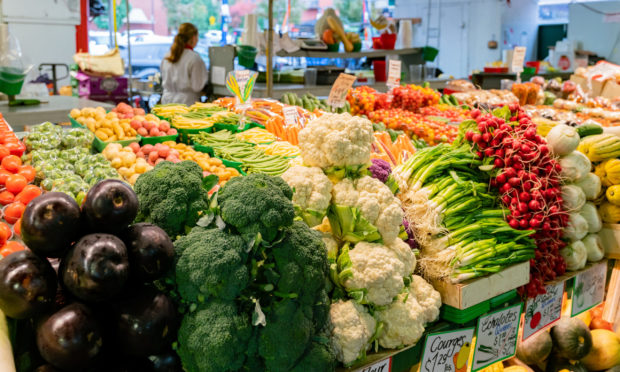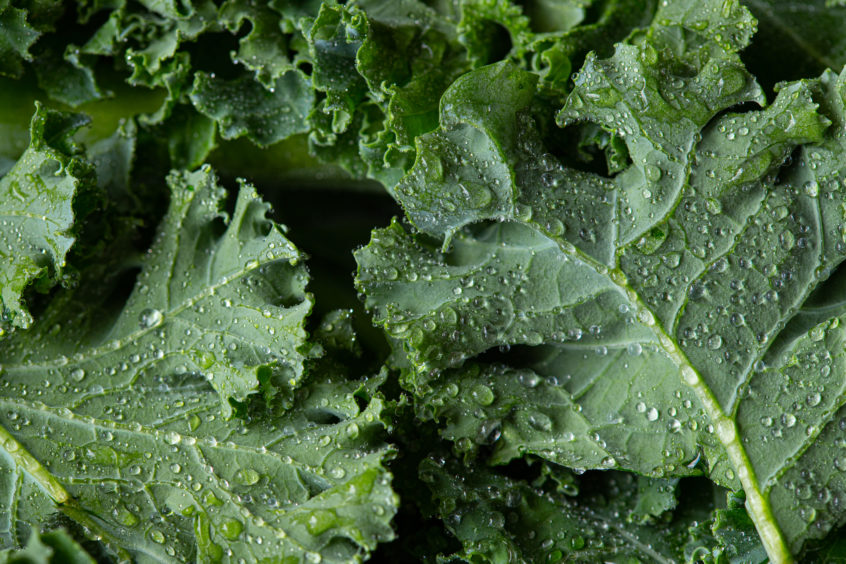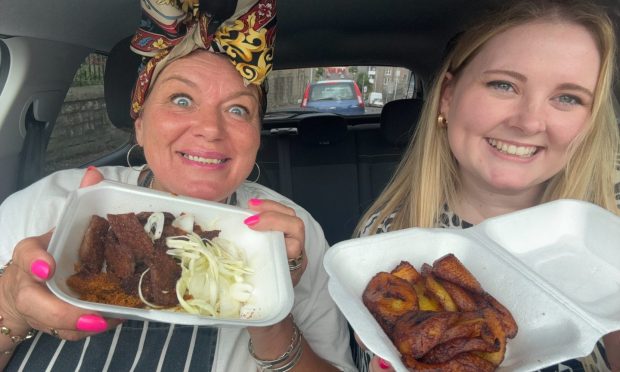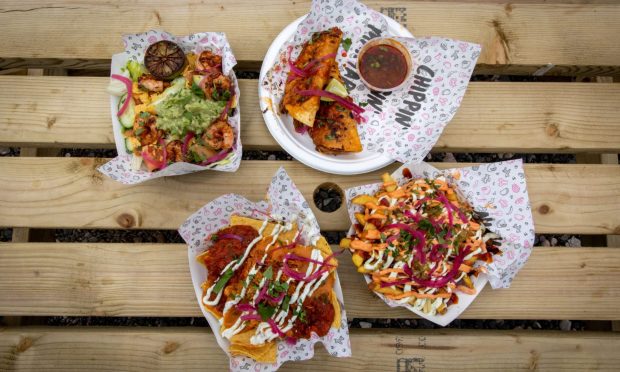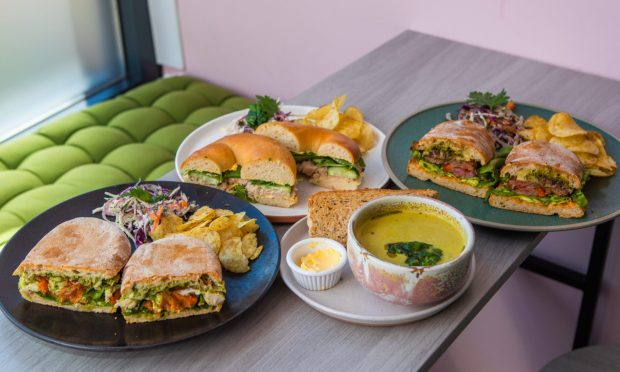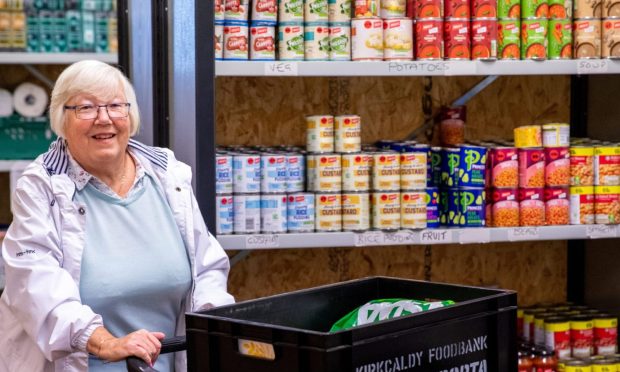After a nationwide poll resulted in UK residents voting Brussels sprouts as their most hated vegetable, we asked our readers whether they agreed.
Last week we revealed that respondents in a nationwide poll had voted Brussels sprouts as the most hated vegetable in the United Kingdom.
However, it seems that our readers don’t agree with the nationwide result.
Research
In the research, commissioned by Higgidy: The Veggie Cookbook, 19% of Brits said sprouts were the vegetable they hated the most.
Behind the humble green vegetable were artichokes with 14% and celery and aubergine in joint third place with 13%.
But in our poll, Courier readers hated celery the most with it picking up a whopping 28% of the vote, ahead of other choices which included okra, carrots, cabbage, courgette and kale which collectively took 16% of the vote.
Similar to the national poll, artichoke and aubergine occupied the next spot both polling 13% of the vote.
And it seems that our readers actually have a soft spot for sprouts with only 6% saying that they were the vegetable they despised most, which gained the same number of votes as bok choi, beetroot and sweet potato.
Bringing up the rear were broccoli and butternut squash, each with 3% of the vote.
Healthy diet
The results are interesting after the research revealed that during the recent lockdown we haven’t been eating as many green vegetables as we should be to maintain a healthy diet.
As a whole, people have been trying to eat healthier during the past few months, but the study shows that, on average, it has been longer than a month since most Brits ate broccoli, more than seven weeks since consuming greens like kale and six weeks since Brits ate celery.
The survey of 2,000 people last month found other traditional salad ingredients like lettuce leaves, tomatoes, sweetcorn and cucumber didn’t fare well either, as it has been longer than four weeks since the average Brit tucked into them.
Experts claim that eating a diet rich in leafy greens can offer numerous health benefits, including a reduced risk of heart disease, high blood pressure and mental decline.
Yet, the study by Higgidy reveals, as a nation we eat just two pieces of fruit and veg a day (average), a far cry from the recommended five portions daily.
Camilla Stephens, founder and author of Higgidy, said: “It’s recommended by health experts that our meals should be made up of at least 50% rainbow vegetables and fruits as part of a healthy, balanced diet.”
